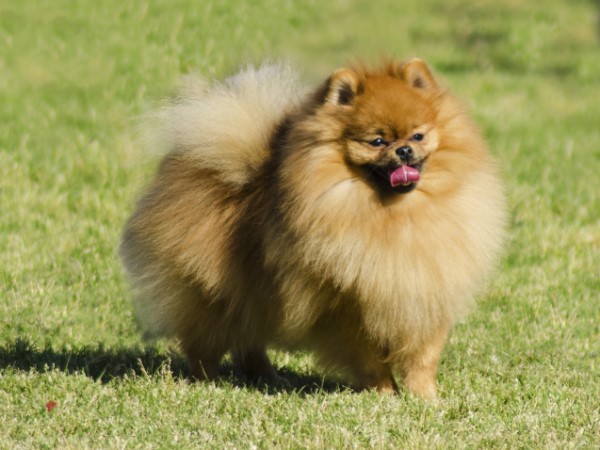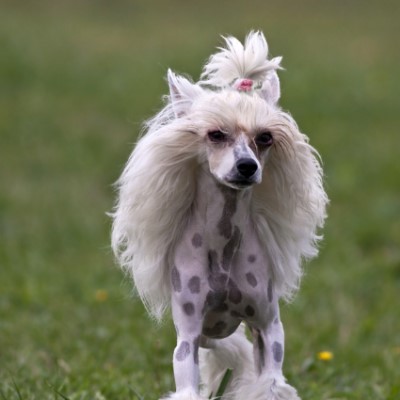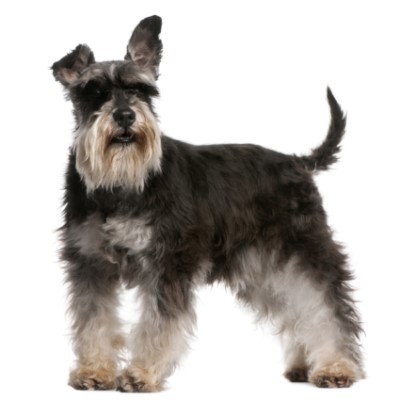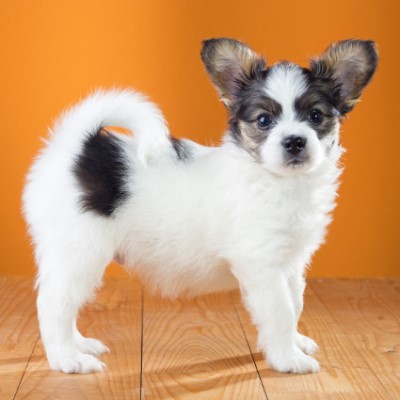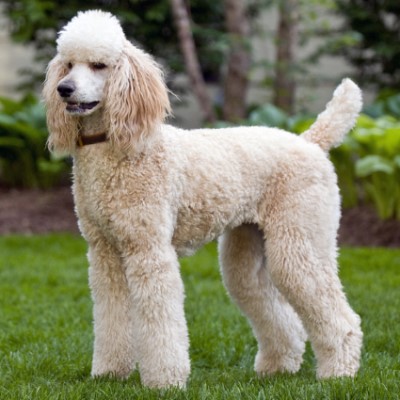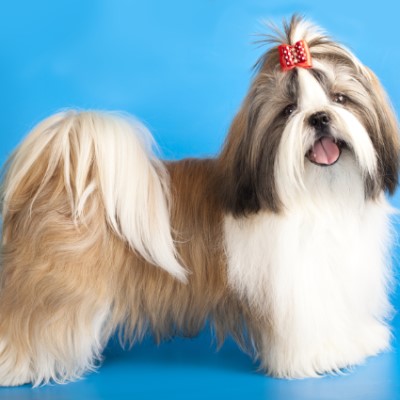Common Reasons for Surrender
Pomeranians are often surrendered because their families simply do not have the time for them anymore because of a new baby, a new job, the loss of a job, or a divorce. In some instances, the Pomeranian needs surgery or medical care, and the family simply cannot afford it. As a result, the Pomeranian goes to a rescue or to a shelter.
Pros
Pomeranians are naturally affectionate and love to spend time with their families. They adapt quickly, which makes bonding to a new family easy. Poms want and crave love and affection. You’ll quickly find your Pom just wants to be with you, whether you’re out for a walk or just hanging around the house, watching television. Poms are happiest when they are with their humans.
Cons
Because they are so fragile and prone to leg breaks, Poms generally do not do well in a home with children under the age of seven. If you want a quiet dog, a Pomeranian may not be for you as they tend to bark a lot unless trained otherwise. Pomeranians also require regular grooming with a thorough brushing and combing at least once a week to avoid mats and nail trimming as necessary.
Diet
Feed your Pomeranian a high quality dry dog food. Avoid generic or house brands, which are typically found at your local grocery store. Consult with your veterinarian to determine if the food you are using is ideal for your Pom’s needs. Complement a high quality dry dog food with treats. A Pomeranian’s favorite treat is not a treat at all. She will have a field day eating tissues, so throw away your used tissues and hide the rest. Ideal treats will be nutritional and minimal. Never give your Pomeranian a typical dog treat sold in stores. Instead, opt for bell pepper, a small piece of carrot, or green beans. You can give your Pom a tiny piece of cheese, about the size of a quarter of a pea, once in a while.
Exercise
Pomeranians require moderate exercise. A daily walk of at least a mile will keep your Pom healthy and fit. Take your Pom for a swim when the weather allows, and consider enrolling her in agility training, where she will learn to jump properly from a seasoned trainer. Never throw a Frisbee for your Pom as it poses too high of a risk for a knee injury.
(I.ON) Possible Health Issues
Poms are prone to several different ailments, including fragility. Their knees can easily pop in and out—known as luxating patellas—which is an inherited trait and can require costly surgery to correct. Statistics show that half of all Pomeranians suffer from luxating patellas to some extent.
You’ll need to take care of your Pom’s teeth and keep track of whether the baby teeth have fallen out by the time your Pomeranian is seven months old. If your Pom’s baby teeth do not fall out, they can generally be pulled out during a spay or neuter. When a Pomeranian’s baby teeth do not fall out naturally, the dog usually suffers from crooked permanent teeth. Plaque also develops quickly and easily on a Pomeranian’s teeth, so take your Pom to the vet annually for a cleaning and brush his teeth regularly to avoid problems.
Grooming
Be prepared to groom your Pomeranian regularly. Brush and comb him down to the skin at least once a week to avoid mats. Most Pomeranians do not need frequent baths and some get baths only several times a year unless they are dirty or have been at the beach around salt and sand. Their hair tends to drop the dirt easily. Giving your Pomeranian a bath when he doesn’t need it could result in skin drying out and becoming irritated. Trim your Pomeranian’s nails as necessary, about once a month.
Training
Most people don’t train their Pomeranians because they’re tiny and can easily be picked up if they are exhibiting undesirable behavior. Because of their intelligence, Pomeranians usually pick up concepts easily, making training easy if you reward your Pom with praise and a small, healthy treat for obeying commands.
A good reward during training is a quarter of a piece of a Cheerio. While the size might seem tiny to you, your Pom will love it. (Cheerios are high in salt, so they should be given in moderation.)
Entertainment
Your Pomeranian will likely have just as much fun barking at the dog next door as he will going for a solid walk each day. Enjoy your Pom’s playful attitude when he’s young because most Pomeranians aren’t as playful as they grow older. Still, most Pomeranians enjoy obedience, agility, rally, and flyball training. You can even do Canine Freestyle—a fancy name for dancing—with your Pom.
We want to thank Second Chance Poms, Inc. for help with this profile.
